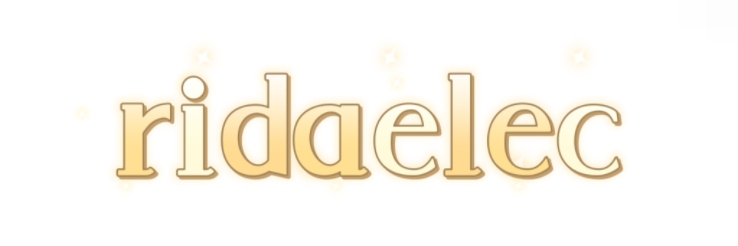How Will AI Reshape Human Creativity?
In an age where technology constantly redefines the boundaries of our capabilities, the intersection of artificial intelligence and human creativity has sparked both excitement and apprehension. As AI systems grow increasingly sophisticated, the landscape of creative endeavors is being reshaped in ways we never imagined possible. From generating art and music to writing compelling narratives, AI is becoming an integral partner in the creative process, ushering in a new era where collaboration between humans and machines can yield extraordinary results.
Are you interested in learning more about ex push button? Contact us today to secure an expert consultation!
At the heart of this transformation lies the notion that AI can serve as an amplifying force for human creativity. Rather than replacing the creative spirit that makes us uniquely human, AI tools enhance our ability to brainstorm, experiment, and innovate. Think of it as having a partner who contributes ideas and offers inspiration when you hit a creative block. This symbiotic relationship allows artists, writers, musicians, and creators of all stripes to explore new dimensions of their craft—turning what once required arduous effort into a more fluid, iterative process.
The landscape of creativity is no longer confined to traditional forms. AI algorithms can now analyze vast datasets, discern patterns, and even mimic artistic styles, thereby democratizing the creative process. A graphic designer can use AI-driven software to create stunning visuals with just the push of a button, allowing for rapid prototyping and revision. Musicians can leverage AI to compose melodies, mix tracks, and even write lyrics, thus transforming how music is created and experienced. The possibilities extend to literature, where authors can use AI to generate plot ideas or develop characters, simplifying the writing process and enabling deeper exploration of narratives.
This experimental surge is not limited to individual creators. Entire industries are beginning to embrace the capabilities of AI, affecting marketing, entertainment, architecture, and beyond. Businesses can utilize AI-generated content for advertising campaigns or use predictive analytics to assess audience engagement. The traditional role of the creative director is evolving, as AI assists in crafting strategies that genuinely resonate with consumers. This shift remarks less on the replacement of talent and more on the evolution of roles, where human intuition and emotion work in concert with AI's processing power.
One may wonder, however, what the implications of this technological partnership mean for the concept of creativity itself. Is our understanding of creativity being diluted as machines take on more creative tasks? This concern cannot be dismissed lightly. Creativity has long been viewed as an inherently human trait, imbued with emotion, personal experience, and unique perspective. Yet, as we engage with AI as partners in the creative process, we begin to see that machines can provide tools that make our ideas more tangible, allowing us to express ourselves in previously unimaginable ways.
AI does not possess creativity in the human sense; it lacks emotions, intuition, and life experiences. However, its ability to process immense amounts of data swiftly opens new doors for human expression. We can choose to view AI as a tool or a collaborator. This mindset shift allows us to maintain our artistic voices while utilizing AI's capabilities to enhance our creative output. By pushing the boundaries of what we can create through AI, we can engage with art, music, and literature in ways that provoke deeper emotions and inspire audiences worldwide.
An essential aspect of these advancements is the ethical consideration that comes with blending human ingenuity and AI innovation. As we advance, questions about ownership, originality, and the implications of using AI-generated content arise. Who owns a piece created with the assistance of an AI? How do we attribute credit for a song that was partially composed by an algorithm? These discussions are vital as we navigate the evolving landscape, ensuring that ethical standards keep pace with technological advancements while considering the importance of preserving human creativity at its core.
Moreover, the extent to which AI reshapes creativity also depends on how we choose to harness its potential. Creators who approach AI with a spirit of curiosity and an open mind are likely to unlock new realms of possibility. By experimenting with AI tools, we can discover unexpected intersections, transforming insights into powerful expressions of art. Embracing this technology encourages continuous learning and growth, asking us to rethink our approaches to creation.
Ultimately, AI will reshape human creativity not as a replacement but as a catalyst for transformation. As we learn to integrate AI into our creative processes, we are not only redefining the act of creating but also redefining what it means to be human. The future of creativity lies in collaboration—where the unique characteristics that make us human continue to illuminate the genius of AI, pushing our boundaries further than we dared to imagine. As we look ahead, every push of a button symbolizes not only what AI can do, but what we can achieve together in a shared journey of inspiration and creativity.
If you are looking for more details, kindly visit explosion proof handlamp.


